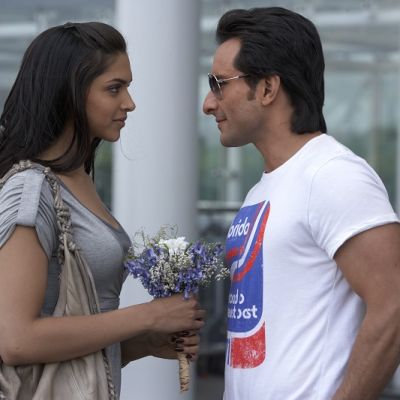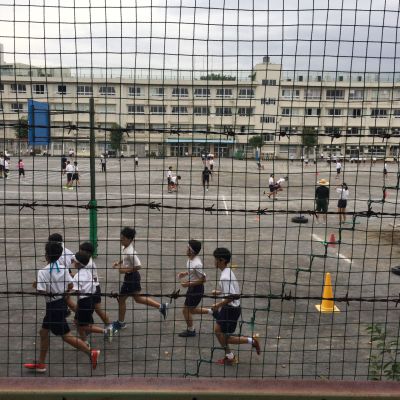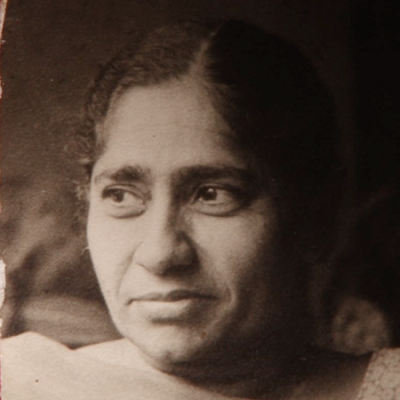Voices
“My brother does not want me to buy a mobile phone. He says that there are already three phones in…
Most of us, during childhood, internalised the lesson that sex or pleasure is ‘dirty’ and ‘bad’. Artists around the world are increasingly using ‘tactile art’ to challenge the shame and embarrassment that people feel when they look at their bodies.
Watch some popular Bollywood music videos about separated lovers across the decades.
I’m a sucker for love. And I don’t want to be a party pooper either. There is lots I have…
The gendered assumption that girls are generally disinterested in sports, could be easily refuted by the fact that the principal’s office shelf was adorned with multiple trophies awarded to the girls’ hockey team for winning championships.”
The link between women’s clothing and patriarchy is important to acknowledge and understand if we are to address some pertinent questions around women’s agency and ability to exercise control over their choices, bodies and sexuality – questions that feminists around the world, including in South Asia, continue to struggle with.
Despite the lack of a formal Comprehensive Sexuality Education (CSE) curriculum in place in India, there has been a growing interest in providing CSE programmes in schools.
Sexuality is taboo in our context, and expressions of it publicly or even in the home setting outside the bedroom, especially by those who are not in ‘legitimate’ relationships ‘alarm the modesty’ and are generally considered anti-culture or simply categorised as Western concepts.
When rumours of the Partition spread, many families began leaving their homes and moving out. How the Hindus and Sikhs behaved there (in what was to be India), Muslims did the same things here (in what was to be Pakistan). They would say, ‘Let’s go loot!’
The concept of boundaries has become mixed up with the concept of being bound in a this-far-and-no-further way. They have become enclosures, aquariums, cages built for those who inhabit them, but not necessarily built by them.
When I saw Alia Bhatt’s gloriously flawed Kaira in the film ‘Dear Zindagi’ (2016), I felt so gratified I could have jumped up and cheered. To paraphrase, she resolutely sheds the burden that Hindi film heroines have been hefting on their always-delicate shoulders since the first hero whistled wolfishly across the street – the need to be relentlessly likeable.
In the debates around the need to expand the rights that accrue through marriage to same-sex couples, what is often lost are the forms of legal recognition of relationships not in the nature of marriage or blood. As the nature of traditional relationships changes across India, with more people opting to live singly or with friends, we really need to begin thinking seriously about new forms of legal recognition.
Dear Parents-of-the-Young-Woman-Picked-Up-By-Moral-Mumbai-Police, I write this as a citizen, outraged by the actions of the Mumbai Police in picking up consenting…
Contemporary and predominant imaginations of intimacy focus primarily on a sex-centric (romance-centric?) model which assumes that sexual desire exists and holds the same value for every person and every relationship regardless of their subjective positions. Sexual intent and desire are often the cruces of how relational aspects such as intimacy are socially constructed.















